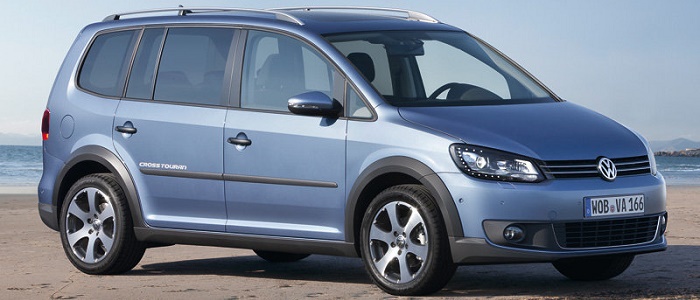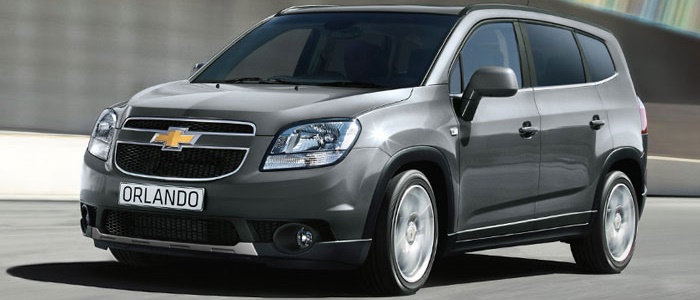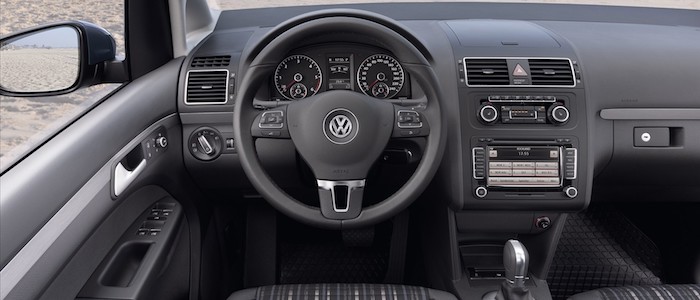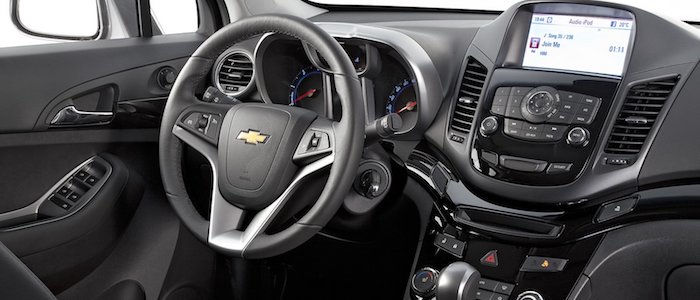Compare two cars
Compare any two cars and get our Virtual Adviser™ opinion
Dimensons & Outlines
Check a car with 30% off a report
Engine
Performance (manual gearbox)
Performance (automatic gearbox)
Expenses
Virtual Adviser's™ opinion
Well, these are two pretty similar cars we have here! It's only details that could potentially make the difference. Considering they both belong to the mpv segment and utilize the same 5-door MPV body style and the front wheel drive system, it all comes up to the specific diesel engine choice they offer. The first one has a Volkswagen-engineered powertrain under the hood, a 4-cylinder, 8-valves 140hp unit, while the other one gets its power and torque from a 4-cylinder, 16-valves 130hp engine designed by General Motors.
SafetyThe fact that the Chevrolet got tested by the European New Car Assessment Programme (Euro NCAP), while the other contender didn't, puts it sky-high safety-wise, in my eyes at least. Moving further on, let's take a closer look at some additional safety-related facts. Both vehicles belong to the mpv segment, which is generally a good thing safety-wise, still it doesn't help us solve our dilemma, does it? On the other hand, taking kerb weight as an important factor into account, the American car offers a marginal difference of 8% more metal.
ReliabilityReliability is not the best thing to consider on the make level, but it is worth mentioning that Chevrolet does have a slight advantage, all the models observed together. That's the official data, while our visitors describe reliability of Volkswagen, as well as Chevrolet, with the same average rating of 4.2 out of 5. Independent research findings rank Touran as average reliability-wise, and Orlando is more or less at the same level.That apart, owners of different cars powered by the same engine as the German car rank it on average as 4.4, while the one under the competitor's bonnet gets 4.0 out of 5.
Performance & Fuel economyBoth of the cars accelerate exactly the same, so we couldn't put one above the other. Car No. 1 reaches top speed of 180 kilometers per hour, 14km/h more than the other car. When it comes to fuel economy things look pretty much the same for both cars, averaging around 5.8 liters of fuel per 100 kilometers (49 mpg), in combined cycle.
Verdict
Chevrolet appears just a bit more reliable, although the difference is truly marginal. The most important thing when deciding between any two vehicles should always be safety, both passive and active. In my opinion, everything taken into account, the American car beats the other contender by far, making it the best choice without even considering other things. From there things take a different direction, with Volkswagen being considerably quicker, thus putting more smile on driver's face. To make things even better, it consumps less fuel! I believe that, when we take all into account, we have only one winner here - the Chevrolet. Anyway, that's the most objective conclusion I could've came up with and it's based solely on the information found on this website. Aspects such as design, practicality, brand value and driving experience are there for you to measure them out. In case you have two minutes to spare I invite you to define your needs, desires and budget and see which car would be chosen by the virtual adviser™, among thousands of similar, yet so different vehicles.


































